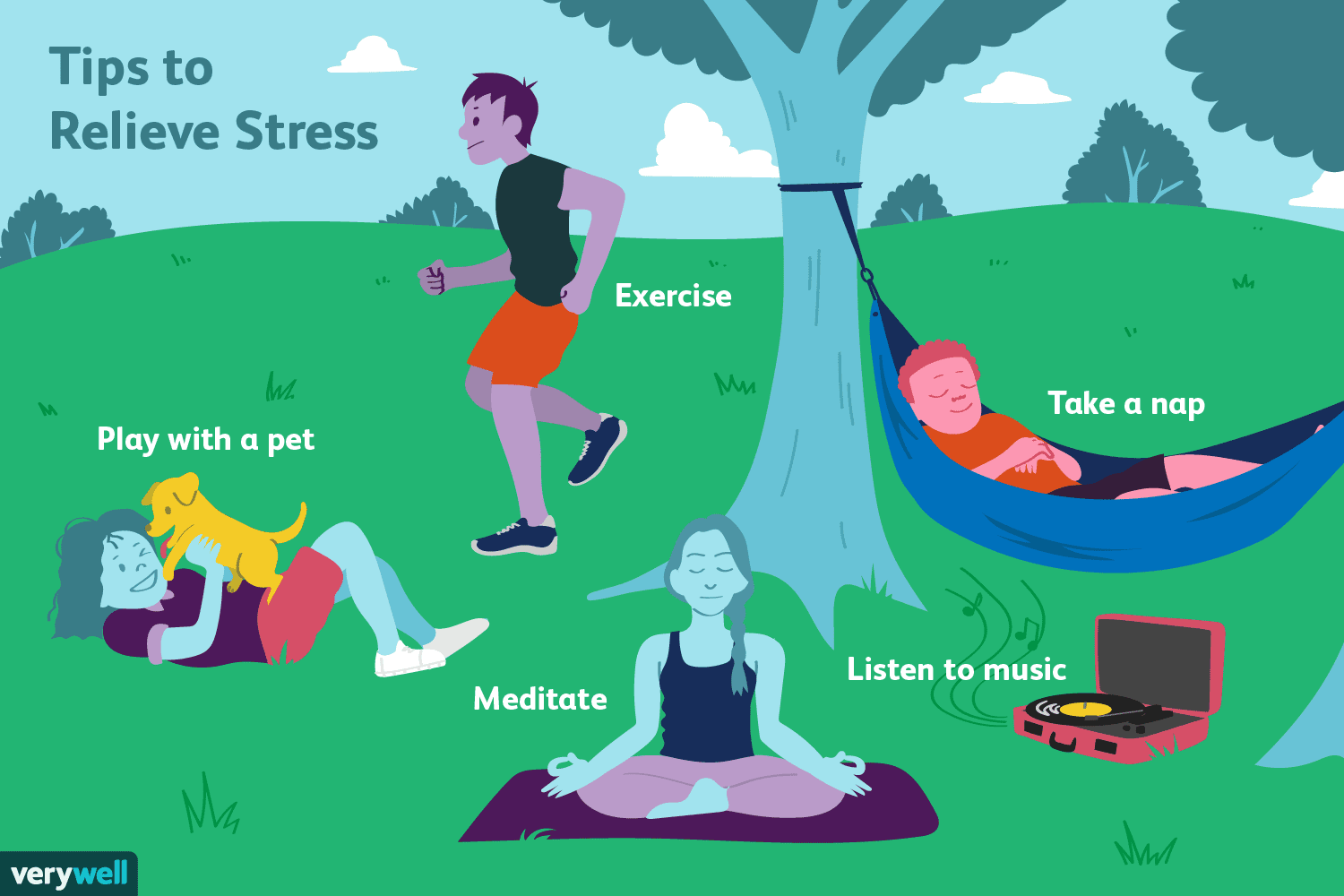
Numerous studies have demonstrated that meditation can increase your mental health, and brain function. These benefits also extend to your physical health. It can also reduce stress and tension in your brain. Meditation can help you manage stressful feelings. In addition to these benefits, meditation can improve your overall physical health as well. Meditation should be practiced on a daily base. Begin small with five minutes each day.
The study focused on 58 major databases in ProQuest, including MEDLINE, the British Nursing Index, ERIC, and PILOTS. The authors disregarded research that was based solely on case reports or book reviews. Only relevant meditation research was considered in the meta-analysis. The results were then analysed by the researchers who concluded that meditation may improve the mental health and well-being of people.

The use of meditation is a proven method to help people deal with stress and anxiety. Studies have shown that meditation increases the number of neurons in the brains associated with anxiety and stress. The changes in these areas help people control their emotions and respond calmly to their environment. Meditation's effects are comparable to those of other evidence-based therapies. This is a great tool to help you manage stress and improve the mental health of your family.
Meditation can also improve your attention span. People with poor attention spans or wandering thoughts have better attention. People can reverse unhealthy patterns by meditating daily. Meditation can help people improve their memory and attention. Meditation can improve your mental health and prevent you from developing depression. When practiced on a daily basis, meditation can be a great way to boost your overall mental well-being.
Meditation can be beneficial to both general populations as well as people with mental illness. You can find them online or have them taught by a professional. Many people can benefit from meditation. It is simple to learn and can help you feel more positive. Meditation is a great way to improve your mental well-being. The practice of mindfulness can improve the brain's ability for regulation of its own hormone levels.

It can help you improve mental health by paying attention to everyday sensations. For instance, a study on mindfulness meditation found that it helped participants cope with negative emotions. They were shown disturbing scenes for one hour and recorded their brain activity. They found that the subjects who had practiced meditation were better able to handle the emotional response. It also reduced the chances of developing depression or other mental illnesses. These conditions can be overcome by meditation.
FAQ
Is there something wrong with me if I'm depressed?
Teens are often affected by depression. It's important to remember that depression is a common problem among teens.
This doesn't necessarily mean you're weak or insane. Most people who are depressed aren't aware of it. Depression is a medical condition.
There are many kinds of depression. There are different types of depression. Some people experience only sadness, while others feel other emotions. There are different degrees of severity.
Some people are mildly depressed while others experience severe depression. It's important for people to realize that depression does not necessarily mean bad things. Sometimes, depression can be helpful in coping with stressful situations.
However, if you find yourself feeling demotivated or sad all the time, you should consult your doctor. Your doctor will diagnose you and recommend treatment.
Why is mental health important?
Work, play and learn. Love. Mental health refers to our overall wellbeing. When we refer to mental health, we mean the physical, psychological and spiritual factors that have an impact on us every day. The good news is that there are many ways to care for yourself mentally, physically, emotionally, spiritually, socially, and environmentally. You don’t have to do it all. Just get started!
The first step towards improving your mental health is understanding where you stand now. This quiz will help you determine if you are doing enough to improve your mental health. If your score is low you might need to change your lifestyle.
Congratulations! Let's now look at what you can do to maintain or improve your mental health.
-
Get Enough Sleep. You can keep your brain sharp, energized and alert by getting enough sleep. The American Academy of Pediatrics (AAP) recommends that you get at least 7-8 hours of sleep each night.
-
Exercise Regularly. Exercise releases endorphins, which make you happier and less likely stress. Aim for 30 minutes of exercise five times per week.
These are 5 ways to improve your mental and/or emotional health.
-
Exercise – This is a great way to improve brain function and increase energy levels.
-
Sleep – Getting enough sleep can help reduce anxiety and stress.
-
Nutrition - Eating healthy foods such as fruits and vegetables will help keep your body strong and energized.
-
Meditation - Meditation regularly can help reduce stress and anxiety.
-
Socialization - Spending quality time with family and friends keeps us happy.
Why is mental wellbeing important?
Mental health is essential for everyone. Mental health is crucial for all people. So, it is essential to maintain a healthy mind.
If we are not feeling well mentally, our bodies will start to show signs of stress. This could cause problems in the body such as backaches, stomachaches, headaches and stomach pains. For our minds and bodies to be healthy, we need to take care of ourselves.
Why is students' mental health important?
Mental health is vital for students because they need to be able to focus on school and do well academically. Without feeling like yourself, you will not be able perform well at school. Students with depression frequently miss class which can lead to low grades. This may result in dropping out of highschool and eventually college.
If you're struggling with depression, you should speak to your parents or teachers. They'll be able to help you get the care you need.
It's important to note that not everyone who struggles with depression needs medication. Talk therapy is effective for many people. A counselor is a great option for anyone who wants to seek help.
Why is it important for improving emotional health?
For happiness and well-being, emotional health is crucial. Your ability to perform at your highest level is dependent on how emotionally healthy you are. People with depression are often unable to work efficiently. They may also experience anxiety, panic attacks, insomnia, and other symptoms. These conditions can be successfully treated with medication or therapy.
How does mental health affect our daily lives?
Mental illness affects everyone at some point in his life. Mental illness is not something that people who are suffering from it don't seek treatment. If you feel like something is wrong, talk to someone about it. There are many ways to deal with depression, anxiety, stress, etc., such as therapy, medication, exercise, diet, meditation, and other methods.
Statistics
- According to the National Alliance of Mental Illness (NAMI), one in five Americans experiences mental health issues which translates to more than 40 million adults a year. (doctorondemand.com)
- More than 50% will be diagnosed with a mental illness or disorder at some point in their lifetime.3 (cdc.gov)
- Neuropsychiatric diseases are the leading cause of death and disability in the U.S., accounting for 18.7 percent of all years of potential lifespan loss and premature mortality.
- Similarly, while there is some agreement about the boundaries of typical mental disorders 2, there is likely less agreement about those for positive mental health. (ncbi.nlm.nih.gov)
- It means no drinking any alcoholic beverages and no taking any drugs that aren't 100% natural.
External Links
How To
How To Determine If One Needs To Ask For Help From A Mental Health Expert
You should look out for signs that indicate that you might need professional assistance to determine if your problem needs to be addressed. Any warning signs should be spotted and consulted a doctor.
-
It feels like you are losing control of your life.
-
You have trouble sleeping.
-
When you try and concentrate, your thoughts seem to race.
-
You are thinking about suicide.
-
You feel hopeless.
-
You feel like you don't have enough.
-
You are losing interest in the things you once loved.
-
You've stopped eating.
-
You are now withdrawing.
-
You're using drugs and alcohol to deal with stress.
-
You are starting to lose family or friends.
-
You have experienced other physical symptoms such as headaches, stomachaches, backaches, chest pains, etc.
It is imperative that you see a doctor immediately if you are experiencing any of the above symptoms.